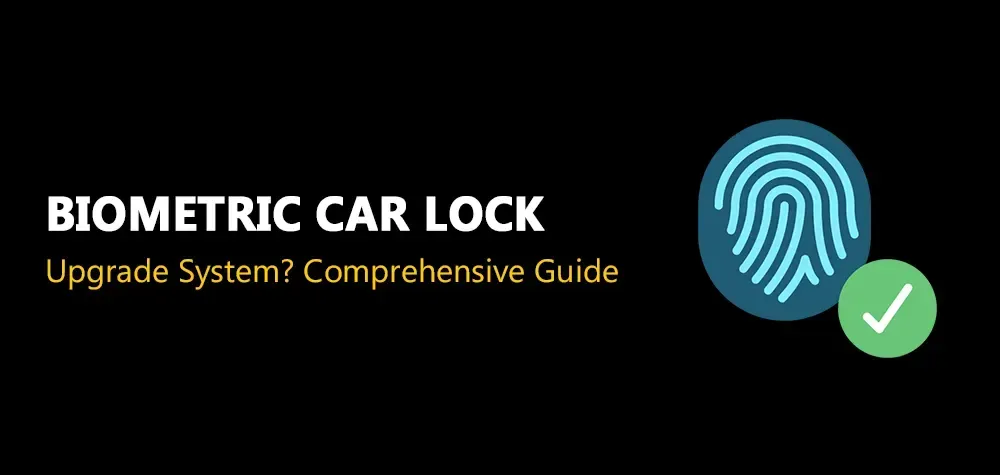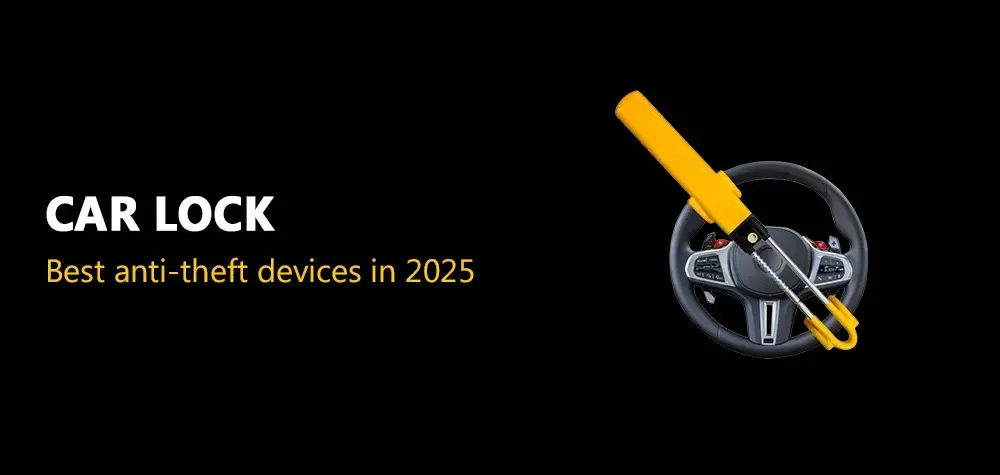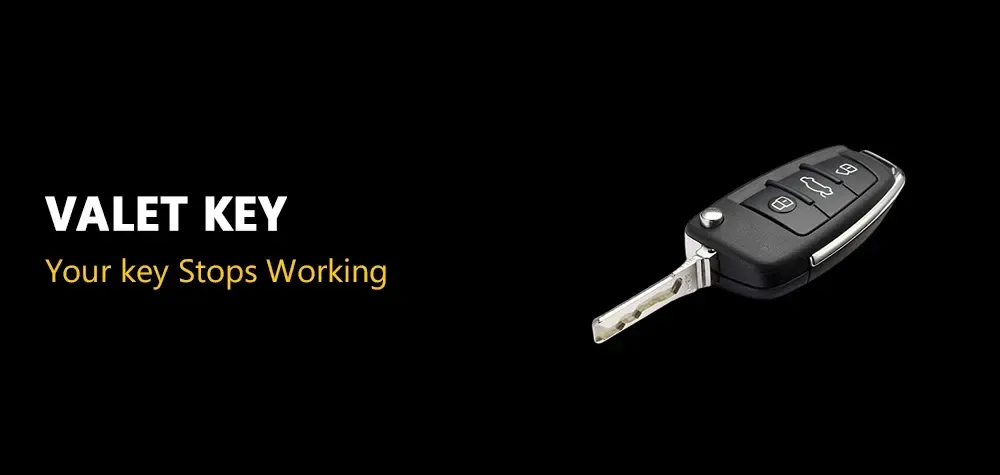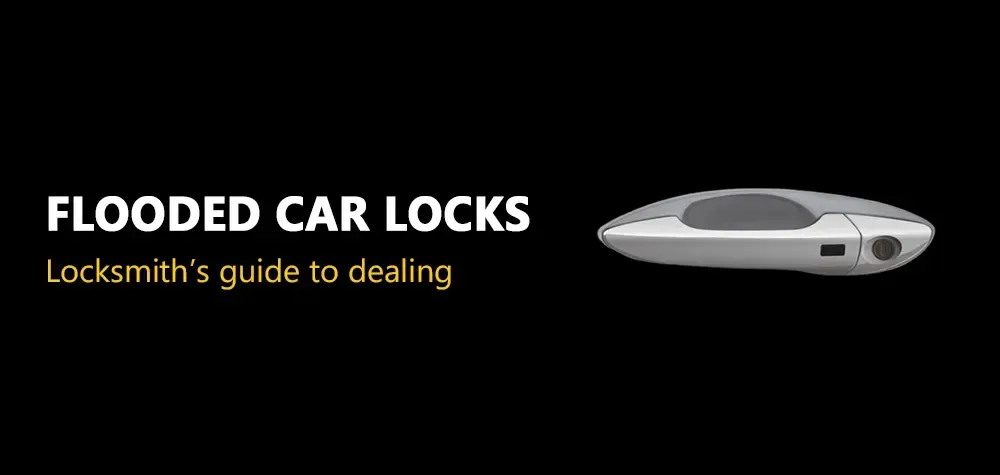Are Aftermarket Key Fobs Reliable? Locksmith Insights You Need to Know
In today’s world, key fobs are more than just convenient—they’re essential. From remotely locking and unlocking your vehicle to enabling push-to-start functionality, these small devices have become an inseparable part of modern car ownership. So when your original key fob gets lost, broken, or simply stops working, the sudden urge to find a quick, affordable replacement kicks in. That’s when many people turn to aftermarket key fobs.
But an important question arises: Are aftermarket key fobs really reliable?
If you’ve ever wondered whether it’s worth taking the aftermarket route or sticking with a dealership replacement, you’re not alone. In this guide, we’ll dive deep into the pros and cons of aftermarket key fobs, explain the risks involved, share expert locksmith insights, and offer preventive advice to help you make a smart, informed choice.
Let’s unlock the truth behind those tempting alternatives.
Should you upgrade to a biometric car lock system?
Understanding Aftermarket Key Fobs: What Are They Exactly?
Before we can talk reliability, it’s important to know what we're dealing with.
An aftermarket key fob is a replacement device not made by your car’s original manufacturer. Instead, third-party companies produce these fobs to match or mimic OEM (Original Equipment Manufacturer) fobs. Some are near-perfect replicas, while others are designed simply to perform basic remote functions like locking, unlocking, or trunk access.
Aftermarket options often come at a fraction of the dealership price, and with the right programming, they can seem just as functional as the real thing. Sounds like a great deal, right?
Not so fast—there’s more under the hood than meets the eye.
Why Car Owners Turn to Aftermarket Fobs
The appeal of aftermarket fobs is easy to understand.
First, cost is a huge factor. OEM fobs can easily cost hundreds of dollars, especially when you add in dealership programming fees. Aftermarket versions typically offer significant savings, sometimes costing less than half the price.
Availability also plays a role. Dealerships sometimes require long wait times to order and program a new fob, while aftermarket options are often available online or through independent locksmiths almost immediately.
Convenience ties everything together. Many drivers prefer the speed and simplicity of aftermarket replacements, particularly when they’re in a pinch and need a functional fob quickly.
However, saving money and time upfront doesn't always guarantee long-term satisfaction.
The Risks and Drawbacks of Aftermarket Key Fobs
While aftermarket fobs can work just fine in some cases, there are definite risks you should be aware of—risks that many drivers only discover after making the switch.
Inconsistent Quality is one of the biggest problems. Not all aftermarket fobs are created equal. Some third-party manufacturers use lower-quality materials, resulting in devices that feel flimsy, respond slowly, or wear out much faster than OEM fobs.
Compatibility Issues are another frequent headache. Even if a fob claims to work for your car's make and model, small differences in chip technology or frequency can prevent it from syncing correctly. In some cases, you may be able to lock or unlock your car, but features like remote start or alarm activation might not function properly.
Then there's the issue of programming challenges. Aftermarket fobs often require professional programming, and not every locksmith has the right tools or willingness to program unknown third-party devices. Some aftermarket fobs come pre-programmed, but others require complicated steps that can lead to frustration and additional costs if things go wrong.
And perhaps most concerning, security vulnerabilities are real. Poorly made fobs may lack proper encryption, making your vehicle more susceptible to hacking or unauthorized access.
In short: a cheaper fob can sometimes cost you more down the road.
Best anti-theft car lock devices in 2025
What Professional Locksmiths Say About Aftermarket Key Fobs
Locksmiths are on the front lines of this debate, and their opinions are shaped by real-world experiences.
Most reputable locksmiths agree that some aftermarket fobs are perfectly reliable, especially when sourced from trusted brands. Locksmiths often stock their own preferred aftermarket models that they know work well with specific vehicles. In many cases, these locksmith-vetted fobs offer a fantastic balance between affordability and functionality.
However, locksmiths also caution that buying random fobs online—especially from unknown sellers—can be risky. Generic aftermarket fobs without proper testing may not meet your vehicle’s security standards or could fail after minimal use.
Experts also stress that proper programming is key. Even the best aftermarket fob won't function properly if it's not programmed correctly. That’s why having a skilled locksmith handle the process—not just purchasing the fob yourself—is crucial for ensuring success.
A good rule of thumb: Trust your locksmith more than your bargain-hunting instincts.
Step-by-Step Solutions for Replacing a Key Fob Safely
If you decide to go the aftermarket route, doing it right matters.
First, consult with a professional locksmith before purchasing a replacement fob. Many locksmiths offer free consultations or can recommend specific aftermarket models they know are reliable for your car.
Next, verify compatibility. Double-check the make, model, year, and sometimes even the trim level of your vehicle to ensure you’re getting a match. A professional locksmith can also scan your car’s system to identify the correct frequencies and codes needed.
Then, have the fob professionally programmed. Even if you find a cheaper programming option online or DIY tutorials, it’s worth investing in expert service. A licensed locksmith can program the fob properly and test all functions—from door locks to remote start—to ensure everything works as it should.
Finally, test thoroughly before considering the job done. Try all the fob’s buttons and features multiple times to make sure there are no surprises later.
A little extra diligence now saves a mountain of frustration later.
Preventive Measures to Avoid Key Fob Problems
No one likes losing a key fob or having it fail at the worst moment, but a few preventive habits can make a big difference.
First, always have a backup fob. If you don't already, invest in a secondary fob—even if it's an aftermarket one—to keep at home or in a secure place. Having a spare means you're never stranded if one fails.
Second, protect your fob from physical damage. Avoid dropping it, exposing it to water, or leaving it in extreme temperatures. A simple silicone case can absorb shocks and extend its lifespan significantly.
Third, replace the fob’s battery regularly. Don’t wait for it to die unexpectedly. A weak battery can cause intermittent failures that mimic bigger fob issues.
Lastly, stay alert to changes in performance. If your fob suddenly becomes sluggish, unresponsive, or inconsistent, it’s better to investigate early rather than waiting for total failure.
Treat your key fob with care, and it will return the favor when you need it most.
Conclusion: Making the Smart Choice for Your Key Fob Needs
Aftermarket key fobs can absolutely be reliable—if you choose carefully and work with trusted professionals.
While there are risks involved, many drivers find that a well-chosen aftermarket fob, properly programmed by a skilled locksmith, offers excellent performance at a fraction of the dealership price. However, cutting corners with random online purchases or DIY programming attempts can lead to headaches, wasted money, and even security risks.
The best move? Think long-term. Trust your locksmith. Protect your investment.
When it comes to something as vital as your vehicle’s security and functionality, saving a few dollars upfront isn’t worth sacrificing peace of mind.
Because at the end of the day, your car—and your convenience—deserve the real deal.
Call Us Any Time!





